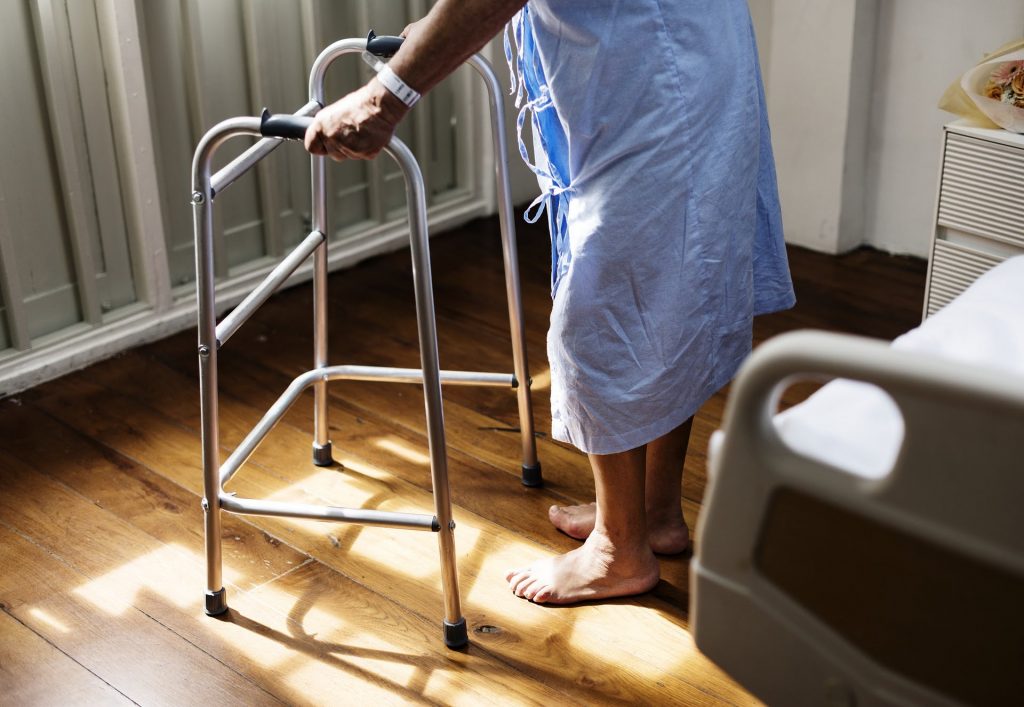The care home company Advinia is under investigation by the Care Quality Commission (CQC) following concerns that the company is financially unstable, according to a report in The Guardian.
Documents leaked to The Guardian show that the CQC is concerned about the cash flow at the company and its ability to pay its debts. In late August, the CQC warned over 150 local authorities in England and Scotland that Advinia was not cooperating in a financial investigation and the CQC could not give the company a clean bill of financial health. The local authorities now have to decide whether to use the company as a provider or not.
Advinia’s 38 care homes look after around 3,000 elderly residents and employ 4,500 staff in England and Scotland. In April 2018, the company acquired 22 homes from BUPA and as a result became the 10th largest company in this sector in England.
The Guardian understands from the leaked documents that Advinia has been blocking the CQC from conducting an independent business review of its finances; the CQC has the legal powers to scrutinise a provider’s accounts if it “considers that there is a significant risk to financial sustainability”. If Advinia does not comply with the CQC request the company could lose its licence to operate.
The documents seen by The Guardian also show that the CQC was worried about the “competency and capabilities” of Advinia’s finance department; the company has had four finance directors over five months of the summer.
NHS privatisation fears after figures show third of knee replacements done by private sector
Fighting privatisation – far from a lost cause says John lister
The leaked documents say that Advinia has sent a letter to the CQC setting out its reasons for not cooperating, but the regulator insisted this did not provide “the necessary reassurance”.
The CQC has also had concerns over several of the company’s care homes in recent months. In October 2018, the Arncliffe Court home in Liverpool received a damning CQC report with a rating of ‘inadequate, then in early 2019 the Burrswood care home in Bury and Barrock Court home, just outside Carlisle, both received bad reports. Burrswood had fallen from ‘good’ prior to its acquisition from BUPA to ‘requires improvement’, whilst the Barrock Court home requires improvements in all areas. The CQC inspection of Barrock Court was prompted by concerns from health professionals.
Advinia was set up by Sanjeev Kanoria and his wife Sangita 20 years ago. Kanoria has numerous business interests globally, including the ownership of the Austrian Anadi Bank, which he acquired in 2013.
There have been concerns about the financial vulnerability of the care sector for many years. The sector has suffered from austerity measures instigated in 2010 when government reductions in local government funding led all local authorities to cope with the funding crisis by reducing the fees paid to care providers in both the residential and the home care sector.
Many companies in the residential care sector, in an effort to increase their profits, have resorted to complicated business models backed by private equity and are now reliant on risky financial structures. This leaves them exposed to collapse, with damaging consequences for care home residents. In 2011 this is what happened to Southern Cross, a large national care home provider which had 9% of the market nationally. The company’s collapse risked the care of 37,000 people.
Other private companies took over the Southern Cross contracts, primarily Four Seasons. But by the end of 2017, Four Seasons, itself was on the brink of financial downfall. The uncertainty around the company was only relieved when it struck a deal with US private equity investors and deferred debt payment. In April 2019, however the company went into administration. The debt that eventually brought down Four Seasons was estimated to be £500 million.
In November 2016, a report by OPUS found more than one in four care homes across the UK will be facing a financial crisis over the next three years; this means that more than 6,000 care homes could close if they are not rescued by a new owner. In March 2019, accountancy firm BDO reported that more than 100 care home operators collapsed in 2018, taking the total over five years to more than 400. Its report warned that as homes closed many patients would have nowhere else to go but hospitals.
Financial instability is also a major problem in the home care market. In 2017, a report produced by the Local Government Unit think-tank and Mears, one of the leading home care providers, concluded that the home care business was on the brink of collapse; companies were either going bankrupt or pulling out of contracts.
More recently, in October 2018, the CQC took the unprecedented step of writing to 84 local authorities with concerns for the financial stability of Allied Healthcare and its ability to continue to provide home care services past 30 November 2018. The CQC was concerned that Allied Healthcare would not be able to make a loan payment due at the end of November. The company was saved from going into administration by its sales to Health Care Resourcing Group for an undisclosed sum in December 2018.
For more details on the long-term care market see our overview on the NHS For Sale website.
Dear Reader,
If you like our content please support our campaigning journalism to protect health care for all.
Our goal is to inform people, hold our politicians to account and help to build change through evidence based ideas.
Everyone should have access to comprehensive healthcare, but our NHS needs support. You can help us to continue to counter bad policy, battle neglect of the NHS and correct dangerous mis-infomation.
Supporters of the NHS are crucial in sustaining our health service and with your help we will be able to engage more people in securing its future.
Please donate to help support our campaigning NHS research and journalism.


